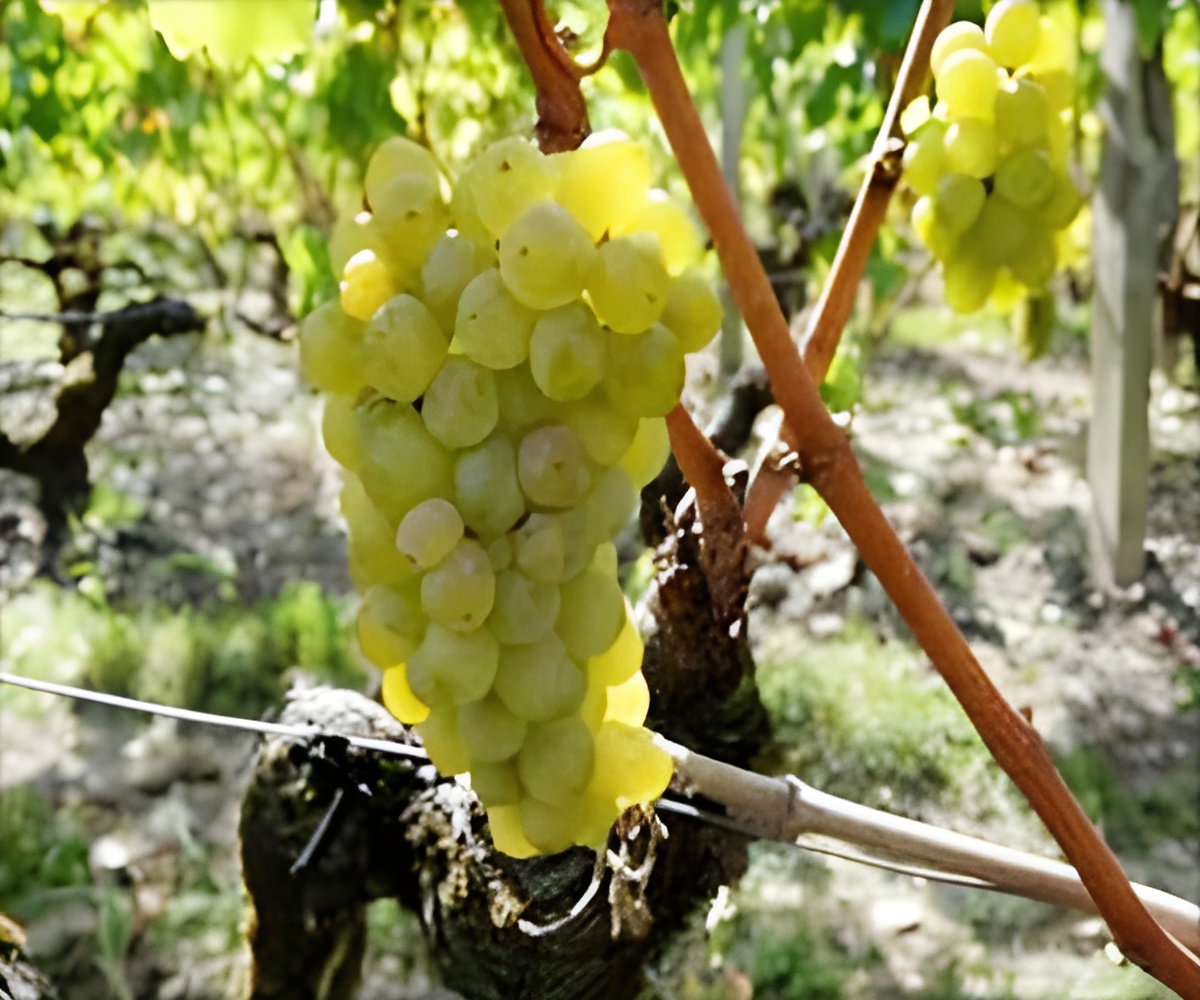
"These (new) varieties resist mildew diseases better, their grapes ripen quicker, they are more adapted to the Dutch climate," winemaker 55-year-old Job Huisman told AFP on his farm outside the small eastern town of Drempt.
Classic cultivars like Riesling, Auxerrois and Pinot Gris have always had a rough time trying to grow in Dutch conditions except in the extreme south, said Huisman as he and his wife Neeltje, 56, lifted their glasses to sample their latest harvest -- a white semi-sweet made from grapes grown on their two-hectare (five-acre) vineyard.
The Dutch wine industry gained momentum in the early 1990s when new grape varieties were being developed through cross-breeding in Germany, Austria and Hungary, said Dutch Winemakers' Guild spokesman Theo Mellenberg.
Among the most popular in the Netherlands today are the Johanniter and Solaris cultivars, which entered the market in 2000 and 2004 respectively.
Six years ago, the Huismans decided to go into the wine-making business, a passion nurtured by working as volunteers at other already-existing wineries.
Advertisement
"What I did have a lot to learn about is what happened to grapes after the harvest," he added with a broad smile.
Advertisement
Their "Nieuw Tivoli" 2011 recently won first prize in the white wine blend (cuvee) category in a competition for "new" cultivar wines put up by the Freiburg Wine Institute in Germany.
The Huisman's wine competed with 142 others from Germany, Denmark and Italy, all produced from varieties bred by the Freiburg Institute.
"Fifteen years ago when I tasted Dutch wine, in was simply undrinkable," said Nicolaas Klei, a Dutch wine specialist who has written several books on the subject.
He remains somewhat sceptical over the quality of Dutch-made wines.
"Actually I would say it's not bad to drink... in the best case," but he argued that new varieties could not rival the old classics.
"We must be realistic, there will never be a great wine made in the Netherlands," he said.
Other wine writers like Hans Duijker said the real problem was not so much the question of quality, but the cost effectiveness of producing a decent Dutch wine.
"The land, machinery, infrastructure and workforce cost more in the Netherlands than in many other countries," Duijker told AFP.
"It takes about 11 to 12 euros ($13-15) to make a good Dutch wine. In the shops you find wines of similar quality and better for far less than that."
But that has not deterred Dutch winemakers.
The country's central statistics office said by 2003, there were some 36 hectares of vineyards in the country.
By last year, they said it had grown to 165 hectares, though the Dutch Winemakers' Guild estimates total vineyard area even higher, at 240 hectares.
While this is still miniscule compared to a traditional wine country like France, which has more than 750,000 hectares of vineyards, "for a country with no real tradition of winemaking it's more than a lot!" said Guild spokesman Mellenberg.
Back on their farm, the Huisman couple have also opened a bed and breakfast -- "to help make ends meet at the end of the month," said Job.
Source-AFP









